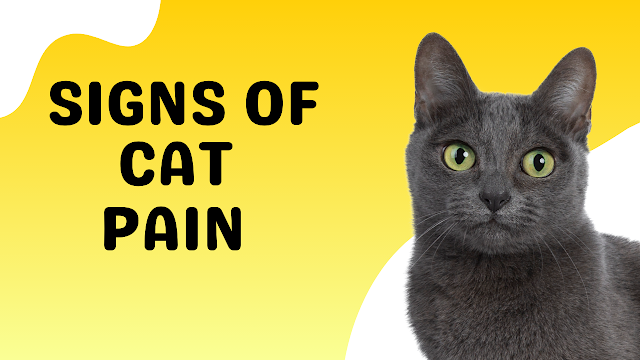Is Homemade Cat Food Better? 3 Pros and 3 Cons
 |
| image: canva |
With increasing concerns about the quality and safety of commercial pet foods, many cat owners are turning to homemade diets as an alternative. While homemade cat food offers the appeal of using fresh, natural ingredients, it also raises questions about nutritional balance and proper formulation. In this post, we'll delve into the pros and cons of homemade cat food to help you make an informed decision about what's best for your feline friend.
Pros of Homemade Cat Food:
- Control Over Ingredients: One of the primary advantages of homemade cat food is the ability to control the quality and source of ingredients. By using fresh, human-grade ingredients, you can avoid fillers, preservatives, and artificial additives commonly found in commercial cat foods.
- Customization for Dietary Needs: Homemade diets allow for customization to meet your cat's specific dietary needs, preferences, and sensitivities. You can tailor the ingredients and proportions to accommodate food allergies, digestive issues, or medical conditions, providing a personalized approach to nutrition.
- Freshness and Variety: Homemade cat food offers the benefit of freshness and variety, with the option to rotate proteins, incorporate seasonal produce, and introduce new flavors and textures. This can help prevent dietary boredom and encourage healthy eating habits in cats.
Cons of Homemade Cat Food:
- Nutritional Imbalance: Formulating a balanced homemade cat food diet requires careful consideration of essential nutrients, including protein, fat, vitamins, and minerals. Without proper formulation or supplementation, homemade diets may lack key nutrients, leading to nutritional imbalances and deficiencies.
- Risk of Contamination and Foodborne Illness: Handling raw ingredients and preparing homemade cat food carries a risk of bacterial contamination, such as Salmonella or E. coli. Improper storage, handling, or preparation of raw meat can pose a health hazard to both cats and humans.
- Time and Effort: Preparing homemade cat food can be time-consuming and labor-intensive, requiring planning, shopping for ingredients, and meal preparation. Maintaining consistency and ensuring proper portion sizes may also be challenging for busy pet owners.
Conclusion
While homemade cat food offers advantages in terms of ingredient control, customization, and freshness, it also presents challenges related to nutritional balance, food safety, and convenience. Before transitioning to a homemade diet, consult with a veterinarian or veterinary nutritionist to ensure it meets your cat's nutritional requirements and dietary needs. Whether you choose homemade or commercial cat food, prioritizing your cat's health and well-being is paramount. Ultimately, the best diet for your cat is one that is balanced, nutritious, and suited to their individual needs and preferences.





Comments
Post a Comment